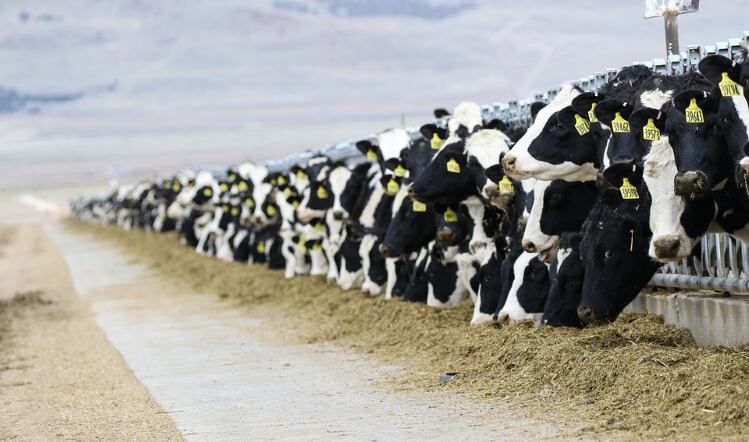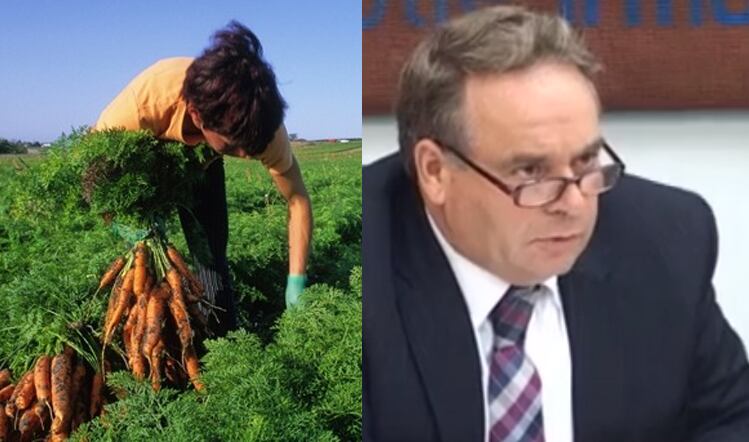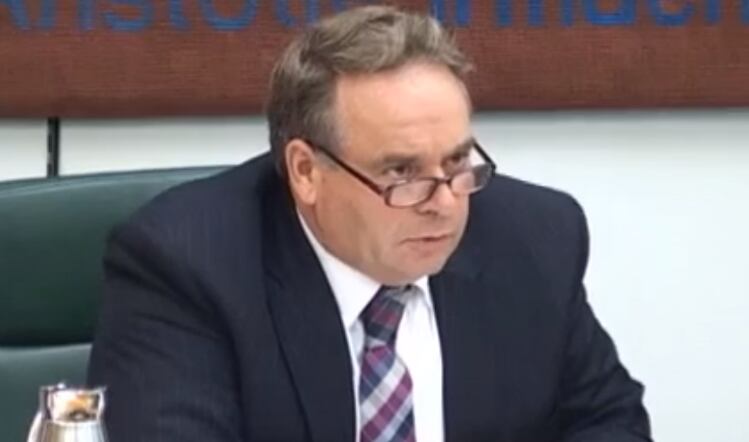The committee’s report acknowledges that the Australia free-trade deal does not prevent core standards being adopted in the future and that it is unlikely that much food that doesn’t meet these standards will enter the country because of this deal.
However, the report does quote an adviser to the government, Henry Dimbleby, as saying that a failure to adopt a ‘core standards’ approach to animal welfare and the environment, while negotiating free trade agreements, poses a danger of “exporting cruelty and carbon emissions abroad”.
The committee also argues that committing to standards such as deforestation and the use of hormone growth chemicals in meat ahead of negotiations would strengthen the hand of the UK. The report said that it would also reassure UK producers about the government’s commitment to high environmental and animal welfare standards.
Additional support
It calls on the government to aid the UK farming and food sector in making up the £278m loss the government itself estimates the sector will experience as a result of the free trade agreement, by allocating additional support for exports.
Government data also reveals that the Australia free trade agreement, which removes tariffs on a wide range of imports from Australia, including beef and sheep meat, sugar and wine, would boost the UK economy by £2.3bn (or 0.08%) by 2035.
The report said that UK cattle and sheep farmers have been among those most concerned about the deal as Australian exporters would be able to undercut them in UK shops. The committee said it was disappointing that the deal did not include more far-reaching provisions on animal welfare, which would have shown greater international leadership by the UK in this area.
Consult
The report also said the government should pay more attention to the voices of UK farmers and food producers when negotiating trade deals, taking care to consult their expertise before arrangements became a fait accompli. This should include making sure the government’s independent trade advisory bodies, including the agri-food Trade Advisory Group, are brought in from the outset so the government can take advantage of sector knowledge while negotiating deals.
The chair of the EFRA Committee, Sir Robert Goodwill MP, said:“While we heard from some witnesses that it appears unlikely this deal will have a significant immediate impact on UK farmers, the government needs to carefully monitor the situation and learn lessons for future trade deals.
“The government must commit to helping the food and farming sector win back the £278m worth of lost growth it will experience because of this deal. There’s a plan to appoint new trade envoys to push our exports. We welcome that, but we also need to see the Government commit to - and deliver on – the £278m target for additional exports to ensure the sector is no worse off. If that requires other export promotion strategies, then they must be implemented. We will be watching the numbers and holding the government to account."




